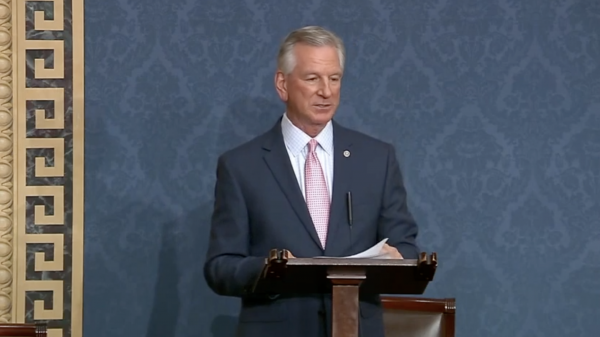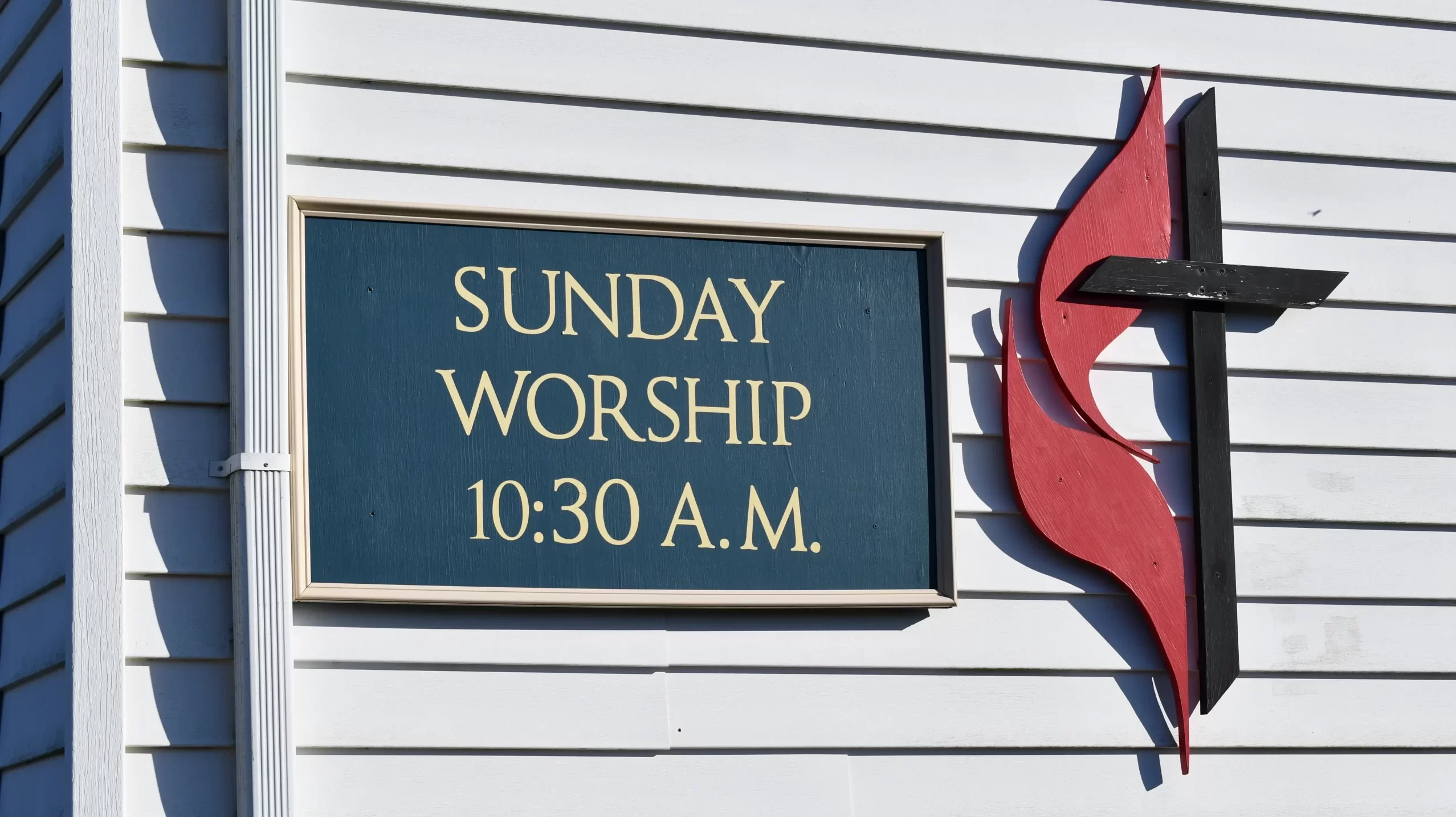The Alabama Supreme Court on Friday announced it will not grant a request for a rehearing on its prior ruling that disaffected United Methodist Churches must settle property disputes through the church’s judicial system.
The court issued the original ruling in May after more than 40 churches sued the Alabama-West Florida Conference of the UMC in an attempt to leave the denomination and take their property with them.
The judicial court of the United Methodist Church is set to take up the matter this fall.
The major split in the denomination comes after the denomination voted earlier this year to end prohibitions on same-sex marriage and the ordination of LGBTQ+ individuals. A new denomination, the Global Methodist Church, has been formed that will maintain those prohibitions.
In Alabama, about 555 churches have disaffiliated since 2022, more than half of the UMC churches in the state. More than 7,000 churches have disaffiliated nationwide, about a quarter of the church.
The 40 Alabama churches have argued that Bishop David Graves and his cabinet conspired to “run out the clock” and delay the disqualification process past the deadline for the churches to be able to leave and take their property with them.
The Montgomery Circuit Court initially dismissed the case, citing the Establishment Clause of the First Amendment, which restricts courts from intervening in religious matters.
“By enacting (Paragraph 2553 of the UMC Book of Discipline), the UMC allowed churches the opportunity to leave the UMC and retain their property if they were to leave ‘for reasons of conscience’; the churches had a certain period to make their decision,” wrote Justice Tommy Bryan. “Deep into that period, the Conference adopted a new requirement — one not explicitly contained in the Book of Discipline — making it more burdensome for churches to leave under Paragraph 2553. There is something extremely unsettling about changing the rules during the course of the game. I question whether this process was fair.
“… However, because the churches’ claim relies solely on Paragraph 2553 of the UMC’s Book of Discipline, this case involves an ecclesiastical matter over which, pursuant to controlling precedent, we do not have jurisdiction.”























































